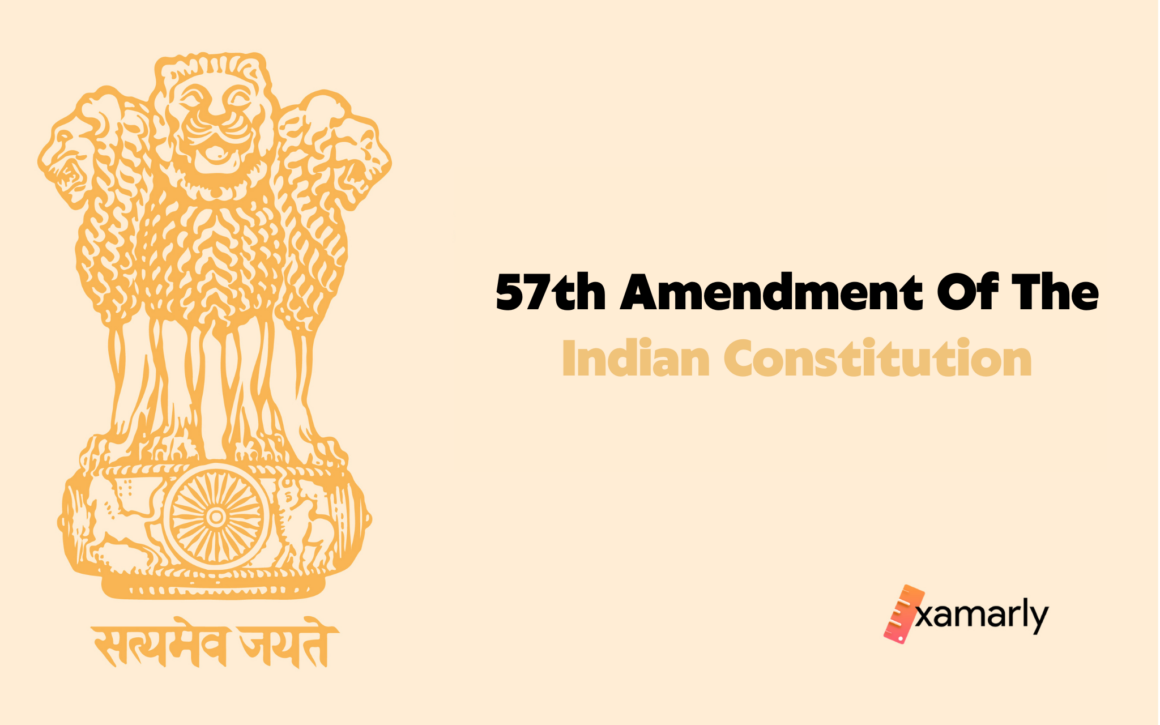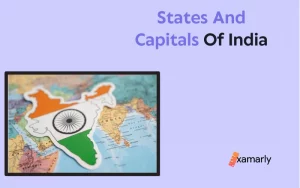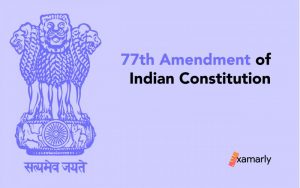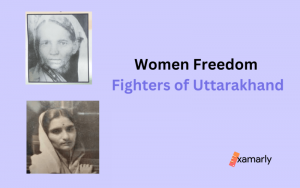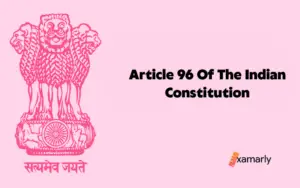The 57th Amendment of the Indian Constitution came into effect on September 15, 1987. It dealt with the reservation of seats for tribal people of the North-Eastern states ( Mizoram, Nagaland, Meghalaya and Arunachal Pradesh ) in the Lower House of Parliament and State legislatures.
Salient Features And Facts
- The majority population of Nagaland, Mizoram, Meghalaya, and Arunachal Pradesh consists of Scheduled Tribes. To mark inclusivity and to provide them with the same base as compared to advanced sections, reservation of seats was put forth as a solution.
- The Scheduled Tribes of these areas did not fare well in securing even minimal representation. They lacked resources and opportunities.
- The 57th Amendment of the Indian constitution is closely related to the 51st Amendment which was enacted in the year 1984. Both of them talk about the reservation of seats for the people belonging to Scheduled Tribes in the Lower House of the Parliament and State Legislative Assemblies.
- 51st Amendment did talk about reserving seats for Scheduled Tribes but it did not talk about the type of reservation or the number of seats that were to be reserved for people of North-eastern states.
- The proposed amendment dealt with evaluation for reservation of seats in Lok Sabha and respective State Legislative assemblies. Relevant considerations for the development of the Scheduled Tribes were made while drafting the bill.
Related – The Constitution (Fifty-seventh Amendment) Act, 1987
Date Enacted
The 57th Amendment act was enacted on September 15 , 1987.
Statement Of Objects And Reasons
The Statement of Objects and Reasons of the 57th Amendment of the Indian Constitution is an attempt to make the Constitution more inclusive. While progress has been made in the past seventy years, the fundamental principles which influenced the Constituent Assembly’s decision are still in place in India. The amendment sought to retain this inclusive nature of the Constitution and provide additional protections for Scheduled Castes and Tribes.
In the Amendment’s first three sections, the Constitution would make provisions for reservation in state legislatures and parliaments. Article 332 makes a provision that is temporary until seats are re-adjusted based on the census after the year 2000 (changed to 2026 by 84th Constitutional Amendment Act 2001). Another section would determine the number of seats reserved for Scheduled Tribes.
Prominent People Involved
Buta Singh tabled the amendment bill in the Parliament.
Important Provisions in 57th Amendment Of Indian Constitution
The provisions of Article 330 and 332 were amended to provide for representation to the Scheduled Tribes people of the four states i.e. Arunachal Pradesh, Meghalaya, Mizoram and Nagaland.
- Article 330 deals with the reservation of seats for Scheduled castes and Scheduled Tribes in Lok Sabha
Amendment of Article 332 added a temporary provision for reservation of seats for Scheduled Tribes. In this 57th Amendment act , major alteration was done in this Article by inserting a new sub-clause (3A).
- Article 332 deals with seat reservation for Scheduled Tribes and Scheduled Castes in the Legislative Assemblies of states.
- Subclause 3 of this Article deals with proportionality between seats reserved and population figures.
- Subclause 3A was substituted by 57th Amendment of the Indian constitution.
- Subclause 3 of this Article deals with proportionality between seats reserved and population figures.
It states that , for the temporary period until re-adjustment on the basis of first census after 2026 is done (Article 170) , seats for Scheduled Tribes of Arunachal Pradesh, Meghalaya ,Mizoram and Nagaland are to be reserved in the following manner in the State Assembly :
a) If all the seats are held by people of Scheduled Tribes then all seats except one are to be reserved
b) In other cases , a proportionality between the number of Members belonging to Scheduled Tribes and the total number of Seats in the existing assembly has to be maintained.
You Might Also Like – 17th Amendment Of Indian Constitution
Summing Up
In the thirty-eighth year of the Indian Republic, this 57th Amendment cannot be considered to be one of the major amendments but it was an important move for the upliftment of the weaker sections or those sections of society that were neglected for a very long time. The Act decided the rule of reservation or the rule for calculating the number of seats that were to be reserved for the Scheduled Tribes.
FAQ’s
When was it introduced?
It was introduced on 25th August 1987.
When was it enacted?
It was enacted on 15th September 1987.
Who introduced it ?
The Amendment bill was tabled in the Parliament by Buta Singh.


